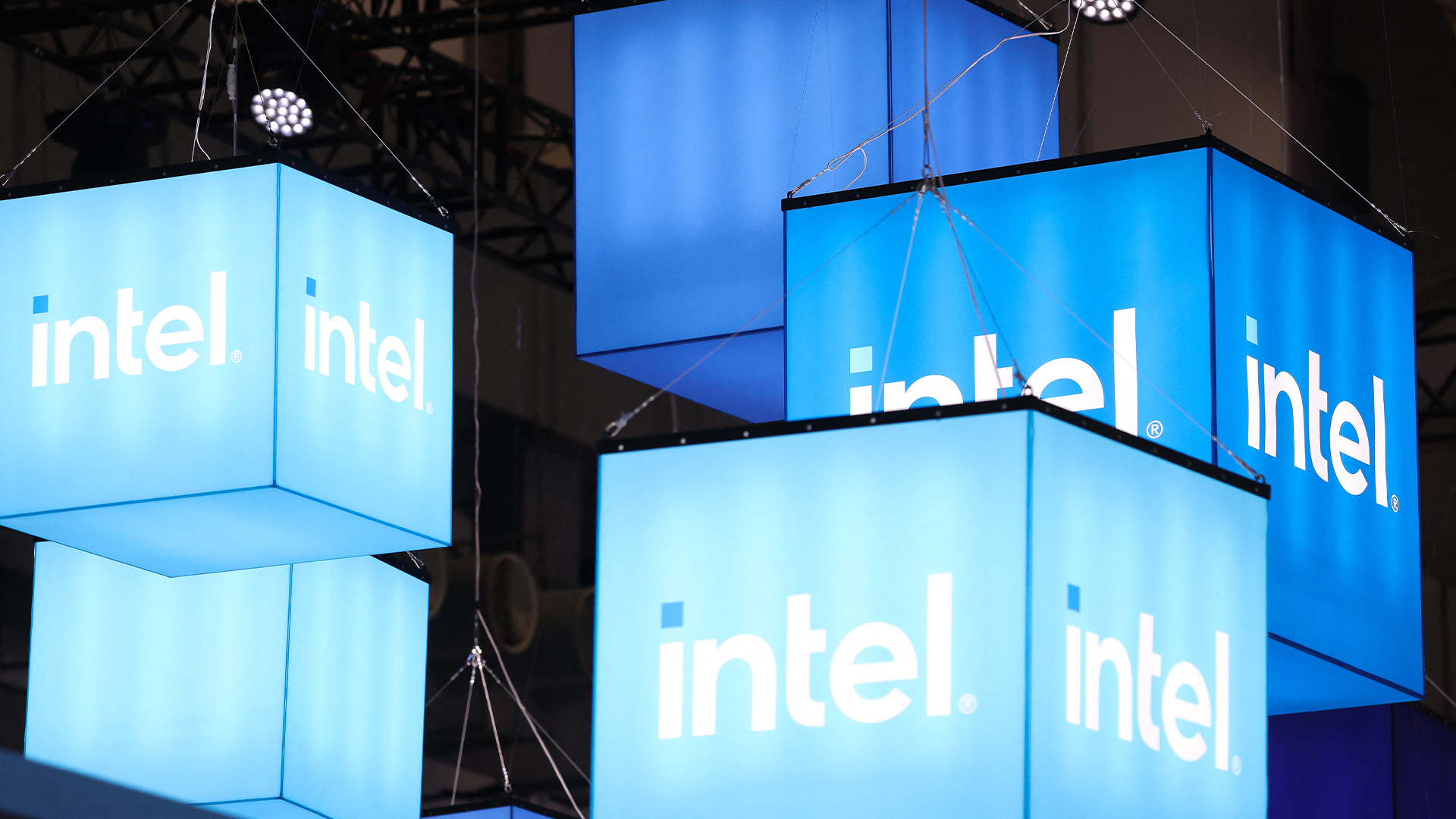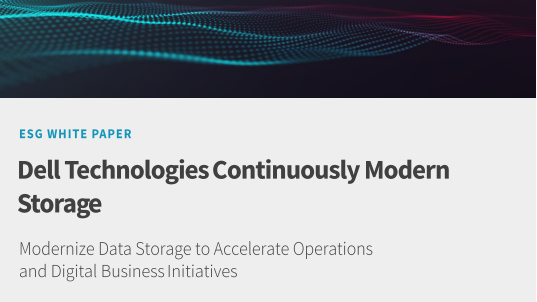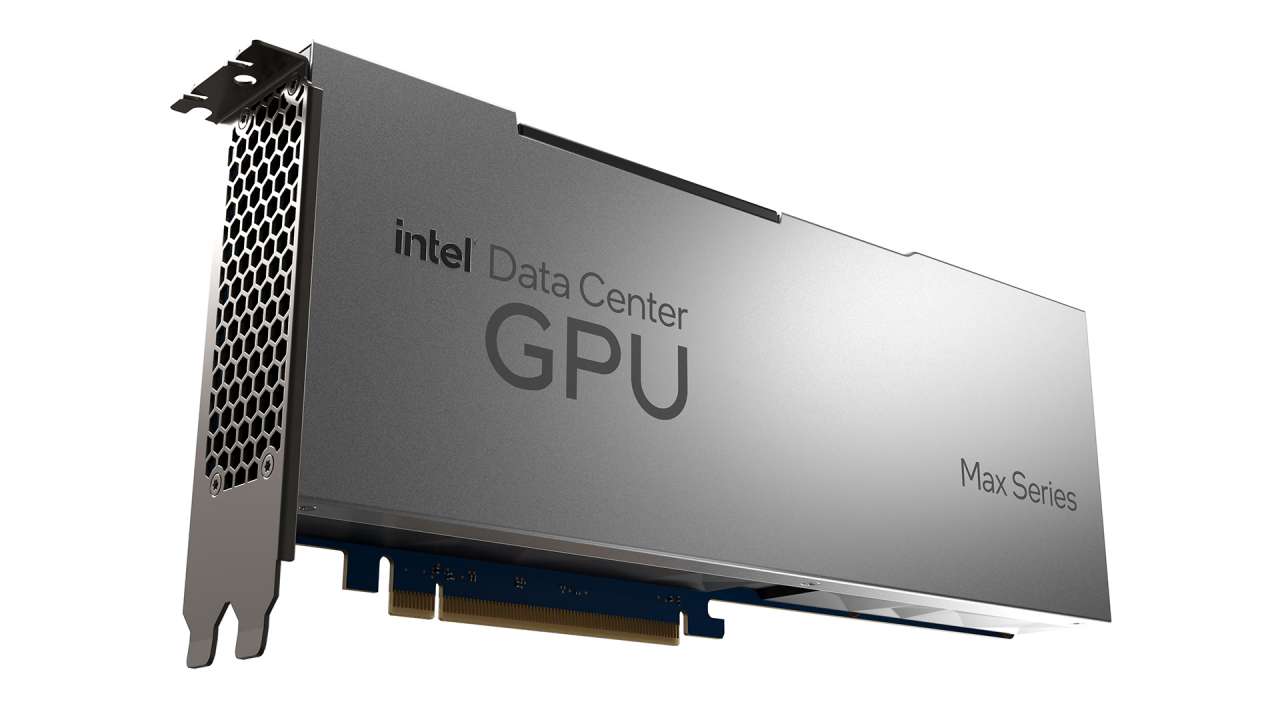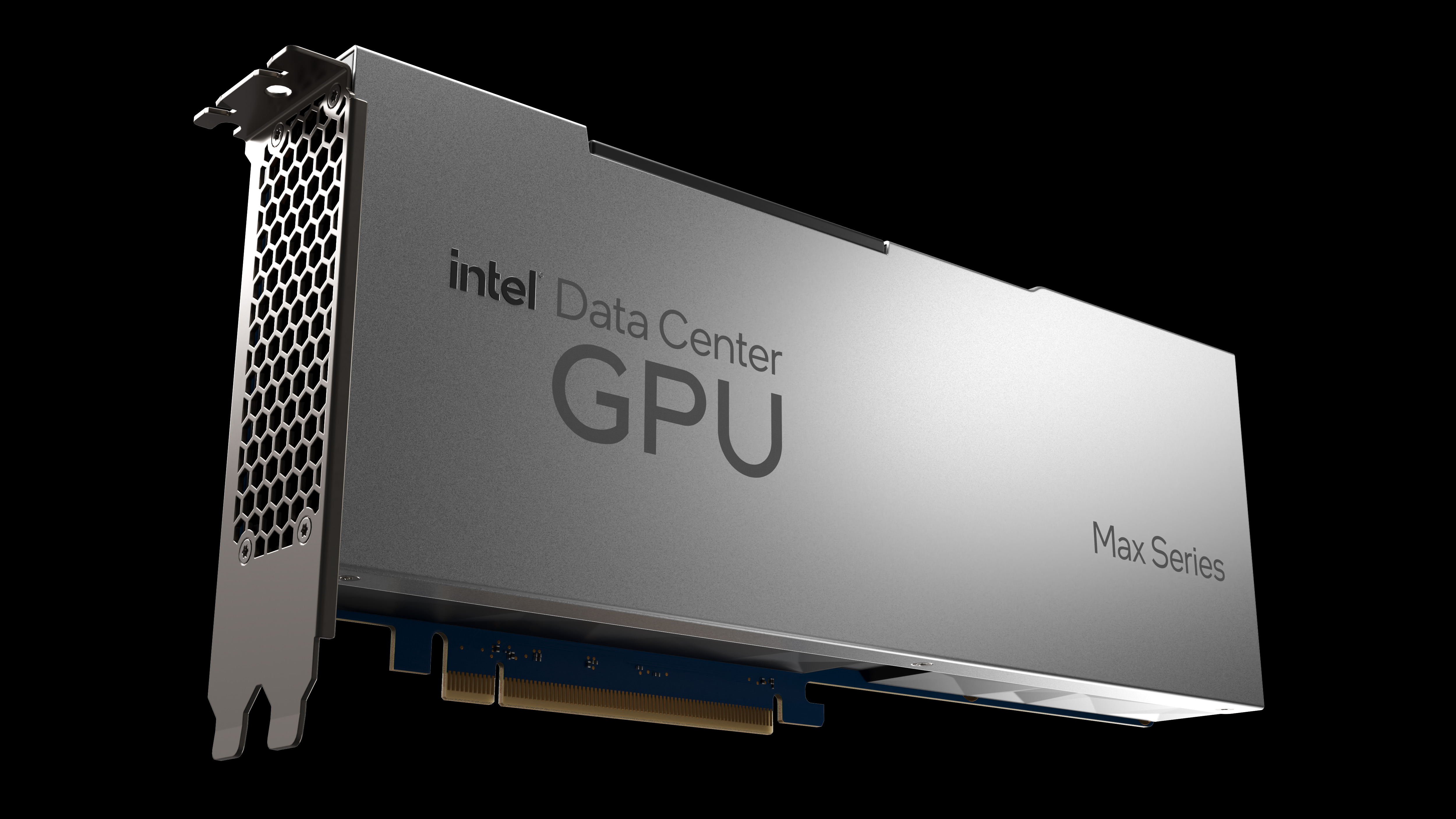Fintech and the data centre
How data centre revitalisation can bolster your bottom-line

The financial services sector, once one of the most stable and slow-moving industries in the world, is currently in the middle of a vast upheaval. A status quo which has remained largely unchanged for decades if not longer is being turned on its head, and it's all thanks to fintech.
Fintech (or financial technology) has undergone an explosion in recent years. Widespread connectivity and the growing ubiquity of mobile devices have enabled an unprecedented growth in the number, sophistication and accessibility of fintech tools and services, and it's having a noticeable impact on the financial services sector.
These tools have allowed new digital-native companies to disrupt the market, as well as letting existing companies bolster their offerings with an increased range of financial services. Digital-only challenger banks' like Monzo, Starling and Revolut, for example, have started drawing customers away from traditional consumer banking firms, and mobile-based trading platforms have opened up the stock market to everyday people who otherwise would never have considered buying shares.
Established financial institutions are now having to rethink how they operate in light of these new developments. Customers are demanding faster, more convenient and more secure experiences from their financial providers, and many are choosing to ditch their existing banks when they don't meet these new, evolving standards.
It's not hard to see why; the new capabilities being unlocked by emerging fintech are very attractive. The combination of AI-driven chatbots and advanced data analytics allow customers to have 24/7 access to their own personal financial adviser who can give them insights into their personal spending patterns. Moreover, it can help them set and control their budgets, while a digital-only bank means no longer having to make inconvenient in-branch appointments to manage your money.
Fintech offers the key to increasing customer loyalty and satisfaction, but having the right technology is key. Even if you introduce the kind of advanced features that customers demand from their financial service providers, a poor experience thanks to long wait times, dodgy security or frequent errors is just as likely to drive them away as not having them in the first place.
So how can you ensure that your fintech tools are speedy and reliable enough to keep up with your users' needs? Many businesses in other sectors have turned to the cloud for this, but in many cases, compliance and regulatory issues will mean that financial services companies simply aren't able to enlist the services of a public cloud provider like Google, Microsoft or Amazon.
Instead, financial firms should be looking to modernise their own in-house data centres. Extra investment in data centre transformation projects can pay dividends for the performance of financial applications in particular, such as data analytics. The bedrock of any modern business strategy, data analytics is especially essential for financial services, allowing organisations to rapidly analyse market trends and real-time transaction data, as well as their customers' banking information in order to provide them with new insights into their finances.
In order for this to be effective, however, your analytics model needs to perform at lightning speed, crunching through your datasets as quickly as possible to ensure your business retains a competitive edge. Similarly, you need to ensure that transactions and transfers are processed as quickly as possible; there's nothing more frustrating for a customer than having to wait hours or even days before the money that a friend sent over for their share of a bill arrives in their account.
Achieving this is no mean feat, however, and it's not just about adding more racks to your data centre. Making sure your data centre is running on the right infrastructure can be at least as important as its size, if not more so. Intel's Xeon Scalable platform, for example, is built specifically to support the kind of high-intensity data analytics workloads that modern financial services firms depend on.
Xeon Scalable's all-new Mesh architecture enables faster and more efficient data transfer between CPU cores an essential benefit when dealing with high-volume datasets and scales easily. In addition, Intel's new AVX-512 instructions offer a 1.6x performance boost for data-driven HPC workloads and 2.2x speed increase for AI and machine learning tasks.
It's also designed to couple seamlessly with Intel Optane storage and memory, slashing latency to the bone and processing instructions in a flash. It's also super high-density, allowing you to put more memory in a given rack, thereby reducing data centre expenditure.
Another feature that will be particularly useful for financial firms is the added efficiency that the new Xeon Scalable generation brings to security operations. In particular, the new instructions can process encryption tasks much faster than previous components thanks to a huge increase in the amount of floating-point operations that can be processed.
Encryption of network connections and data is essential for any financial services firm, but up until now, companies would be forced to suffer an increase in transaction time of up to 10% as a trade-off. Now, however, the improvements introduced by Xeon Scalable and Optane mean that this time penalty is significantly reduced, resulting in faster and more secure transactions for your customers.
Financial firms are now more at risk of being overtaken and disrupted than they've ever been, but the same tools that are allowing their competitors to threaten them so greatly can also open up a world of new opportunities, increased revenues and more satisfied customers for businesses that can embrace them.
Discover more about the technology powering Fintech at Intel.co.uk
Get the ITPro daily newsletter
Sign up today and you will receive a free copy of our Future Focus 2025 report - the leading guidance on AI, cybersecurity and other IT challenges as per 700+ senior executives
ITPro is a global business technology website providing the latest news, analysis, and business insight for IT decision-makers. Whether it's cyber security, cloud computing, IT infrastructure, or business strategy, we aim to equip leaders with the data they need to make informed IT investments.
For regular updates delivered to your inbox and social feeds, be sure to sign up to our daily newsletter and follow on us LinkedIn and Twitter.
-
 Bigger salaries, more burnout: Is the CISO role in crisis?
Bigger salaries, more burnout: Is the CISO role in crisis?In-depth CISOs are more stressed than ever before – but why is this and what can be done?
By Kate O'Flaherty Published
-
 Cheap cyber crime kits can be bought on the dark web for less than $25
Cheap cyber crime kits can be bought on the dark web for less than $25News Research from NordVPN shows phishing kits are now widely available on the dark web and via messaging apps like Telegram, and are often selling for less than $25.
By Emma Woollacott Published
-
 Accelerating business modernization
Accelerating business modernizationModernizing your infrastructure with the right servers can accelerate business transformation, enhance security, and future-proof your organization for tomorrow’s challenges
By Rene Millman Published
-
 Intel layoffs to hit 15,000 roles as falling revenue and poor returns on AI bite
Intel layoffs to hit 15,000 roles as falling revenue and poor returns on AI biteNews CEO Pat Gelsinger announced news of the Intel layoffs following a recent earnings call
By George Fitzmaurice Published
-
 Sustainable business starts with sustainable IT infrastructure
Sustainable business starts with sustainable IT infrastructureWhitepaper Reduce energy consumption without sacrificing performance with Intel and CDW
By ITPro Published
-
 Winning the data-centric digital business in this decade
Winning the data-centric digital business in this decadeWhitepaper Discover more about Dell’s adaptive, secure, and resilient portfolio for the digital business and win in this data-centric era
By ITPro Published
-
 Intel and Dell secure deal to build a digital twin of a UK fusion power plant
Intel and Dell secure deal to build a digital twin of a UK fusion power plantNews The simulation will be critical for meeting the ambitious goal of delivering fusion energy to the UK’s energy network in the 2040s
By Richard Speed Published
-
 Continuously modernize storage
Continuously modernize storageWhitepaper Modernize data storage to accelerate operations and digital business initiatives
By ITPro Published
-
 Intel pitches new 4th Gen Xeon chips as its "most sustainable" data centre processors
Intel pitches new 4th Gen Xeon chips as its "most sustainable" data centre processorsNews The chip giant suggested the launch of the 4th Gen Sapphire Rapids processors marks a turnaround in its recent history
By Bobby Hellard Published
-
 Intel unveils Max Series chip family designed for high performance computing
Intel unveils Max Series chip family designed for high performance computingNews The chip company claims its new CPU offers 4.8x better performance on HPC workloads
By Zach Marzouk Published
